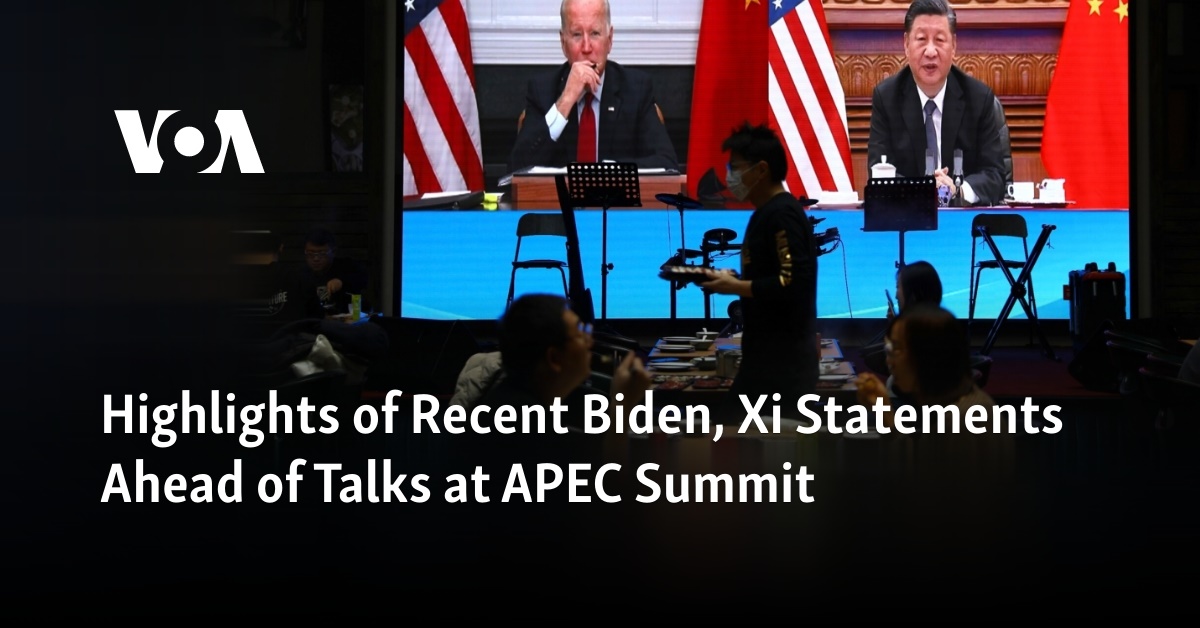
When the African National Congress suspended former President Jacob Zuma this week, a senior party official portrayed him as a traitor to the ongoing struggle for black prosperity in South Africa and a symbol of the corruption the organization is trying to overcome.
But for Vincent Mthembu, a long-time ANC activist at the local level, Mr Zuma was the only hope for the party that has ruled South Africa for 30 years and the country.
“He is the people’s president,” Mr Mthembu, who owns a construction company in Johannesburg, said on Tuesday. “Whatever he did, it enriched black people.”
Many countries seem to have their Donald J. Trumps these days – brash, populist leaders who, no matter how many corruption allegations or legal troubles they have, attract fiercely loyal followers.
Mr. Zuma, 81, a former president of the party and the Republic, could well take on that role in South Africa.
Mr Zuma provoked the suspension of the ANC by openly campaigning for a rival political party, with key national and provincial elections just months away. The ANC’s unprecedented move to force him from office will test the enduring popularity and appeal of a former freedom fighter who easily won two presidential elections but resigned under pressure six years ago.
Mr Zuma, who was imprisoned on Robben Island along with Nelson Mandela of the former white supremacist regime, has held rallies with a newly formed party that, much to the frustration of ANC officials, adopted the name of the ANC’s militant wing during apartheid -era, uMkhonto we Sizwe, or MK.
Mr Mthembu, 44, is among those who have been unable to resist Mr Zuma’s appeal. When the former president announced during a press conference last month that he would not vote for the ANC (but would remain a member) and that voters should choose MK, Mr Mthembu resigned from the ANC to follow the former president.
“The ANC is no longer the same ANC we know,” he said. He pointed to what he saw as a double standard in the party: When Mr Zuma and his allies are accused of corruption, the party punishes them, but it does not do the same with current President Cyril Ramaphosa and his allies.
Mr Zuma’s announcement of the MK Party has given hope to South Africans disillusioned with the political system, said Mxolisi Ngobese, who is part of MK’s ground mobilization team.
“They follow Zuma as their new Moses,” he said.
The ANC has majorities in the legislatures of the two most populous provinces, Gauteng and KwaZulu-Natal, but political analysts see conflict in both provinces in this year’s elections, which could see the party fall below 50 percent, giving way to a coalition of opposition factions take control.
Losing control of both provinces would be a serious psychological and practical blow to the ruling party’s hegemony, even as it retains control of the national parliament and the presidency. KwaZulu-Natal, Mr. Zuma’s home province, includes the country’s busiest shipping port and third-largest city, Durban. Gauteng, the richest province, includes Johannesburg, South Africa’s most populous city and financial capital.
According to South Africa’s constitution, Mr. Zuma’s criminal record and the two terms he has already served disqualify him from the presidency. But MK leaders say if party members want him as their candidate, they would challenge that ban in court. The election date has not yet been set.
It is hard to say how much support he will attract at the ballot box, but ANC opponents hope that with him as the face of MK he will win the support of his former party.
Mr. Zuma portrays himself as an everyman, a champion of the masses who still live in poverty three decades after apartheid. He leans heavily on themes such as the redistribution to black people of land stolen from their ancestors – a redistribution that would mean taking land away from current white owners.
“Zuma is not only charismatic, but people are drawn to him and his character, his personality,” Mr Ngobese said. “You can see his achievements when he was head of government.”
He also plays the victim well.
A criminal case is being opened against Mr Zuma because he is accused of being involved in a corrupt arms deal. An independent watchdog found he had plundered government coffers to finance major renovations to his rural property in KwaZulu-Natal. And his name has become synonymous with the term “state capture,” stemming from widespread claims that he has turned state institutions into piggy banks for his allies.
But sometimes these accusations only seem to mobilize his supporters even more. When he was jailed for contempt in 2021 for refusing to testify at a public inquiry into corruption, the protests sparked riots in KwaZulu-Natal and Gauteng, in which more than 300 people were killed.
“It is so obvious that he was a victim of political machinations and abuse of the legal system to target him,” said Carl Niehaus, a close ally of Mr Zuma who was expelled from the ANC
Mr Niehaus recently joined the Economic Freedom Fighters, a left-wing party founded 11 years ago by disgruntled ANC members. He criticized the ANC’s characterization of Mr Zuma as a counter-revolutionary or someone seeking to undermine efforts to free black people from the inequalities of the apartheid era.
“He was called a counter-revolutionary by counter-revolutionaries,” Mr Niehaus said, adding that the ANC’s current leaders “are the ones who betrayed our liberation struggle. “This is the last kick of a dying horse.”
The ANC in KwaZulu-Natal believes it is well placed to overcome any impact Mr Zuma may have on this year’s election, said Nhlakanipho Ntombela, the party’s provincial mobilization and campaign director. Mr Ntombela said she had asked party members and other residents across the province about Mr Zuma and the feedback she received was relief that the ANC was finally taking action against the former president.
“He was a liability within the organization,” he said. “So it’s a certain relief that you can now concentrate on the election campaign without having to explain Zuma.”






Recent Comments